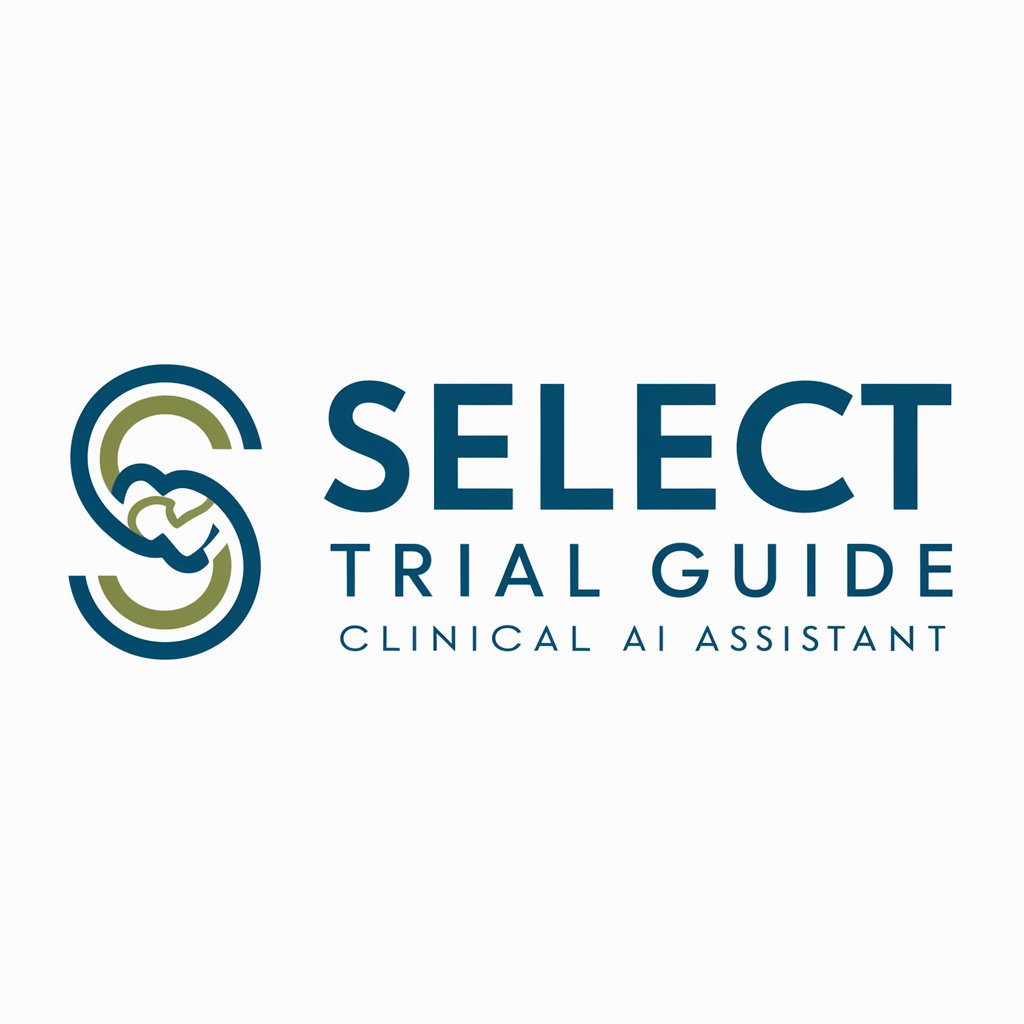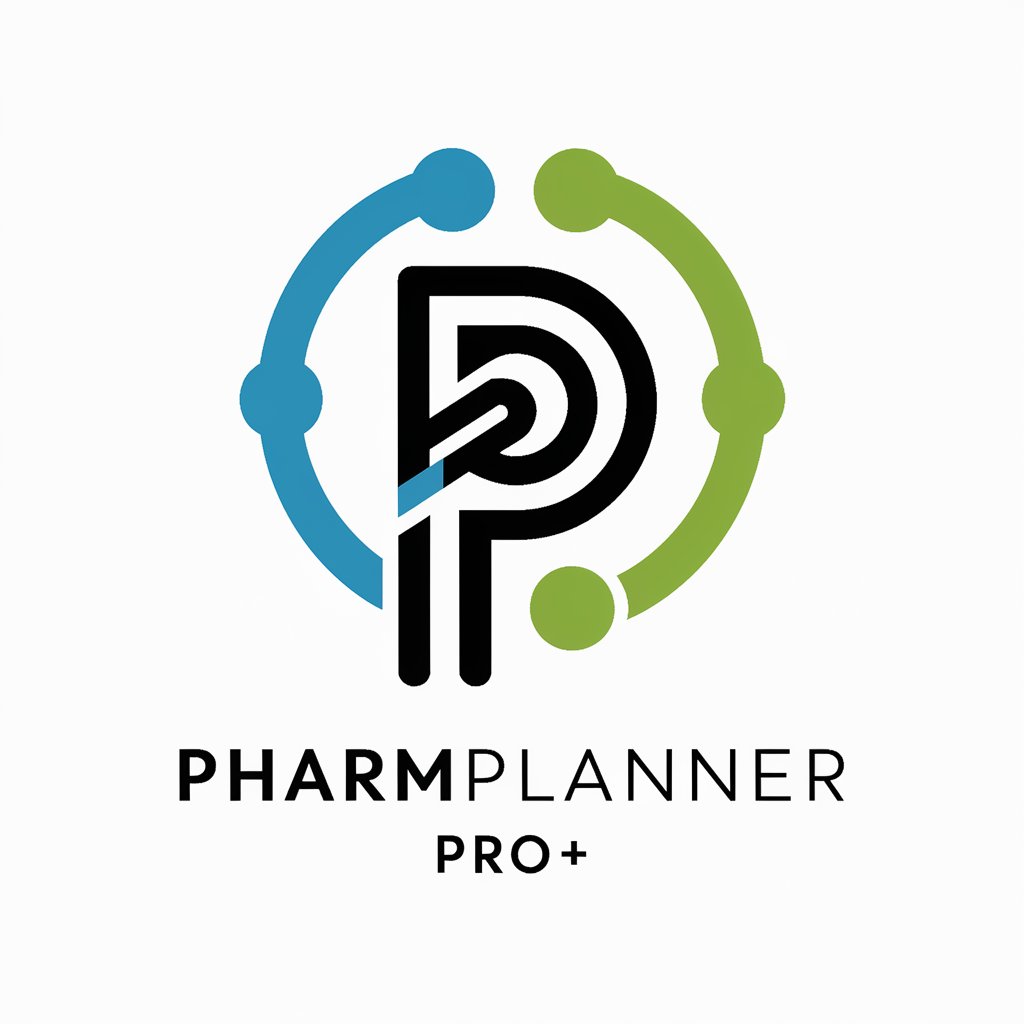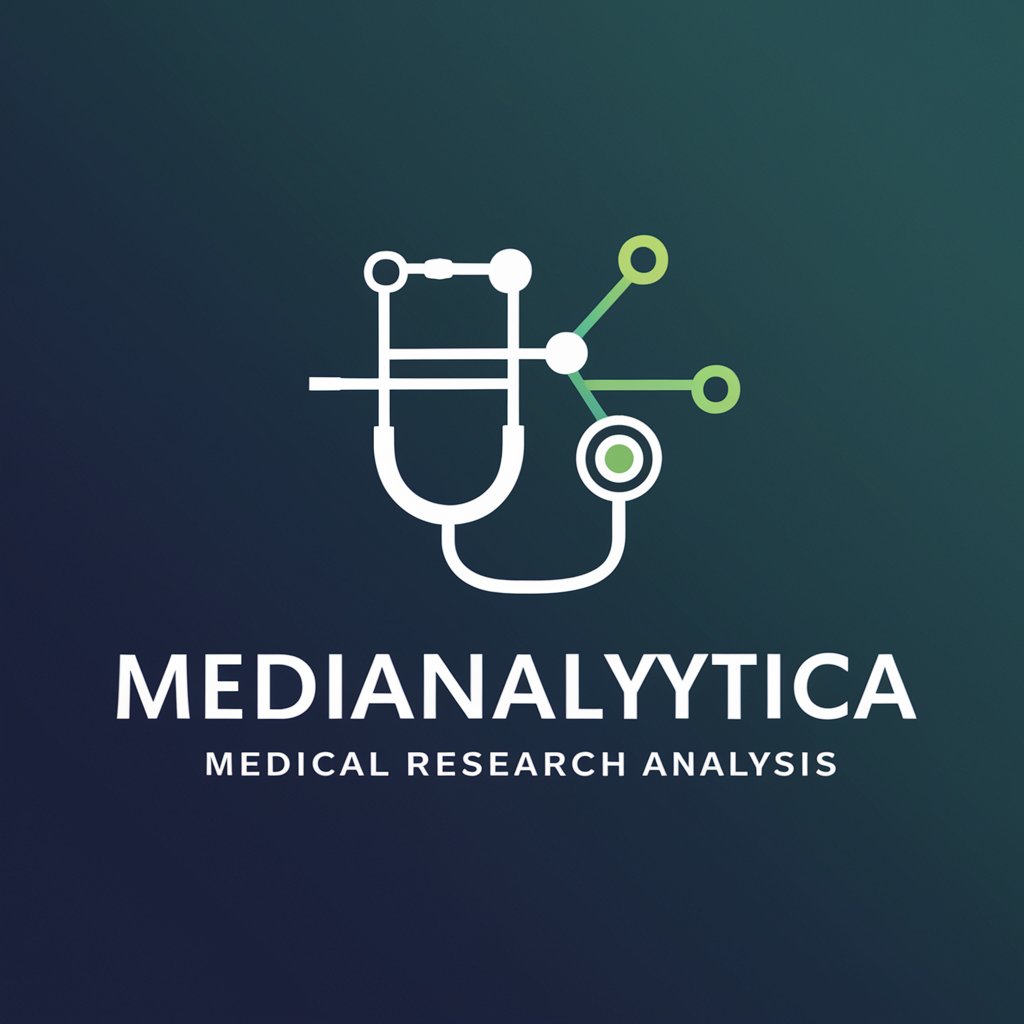4 GPTs for Drug Efficacy Powered by AI for Free of 2026
AI GPTs for Drug Efficacy are advanced computational tools designed to analyze, predict, and optimize the efficacy of pharmaceutical drugs. Leveraging the power of Generative Pre-trained Transformers (GPTs), these tools offer tailored solutions for exploring drug interactions, predicting therapeutic outcomes, and supporting the development of more effective medications. Their significance lies in the ability to process vast amounts of data, understand complex medical texts, and generate insights that guide researchers, pharmacologists, and healthcare professionals in making informed decisions.
Top 4 GPTs for Drug Efficacy are: 製薬MR/MSLボット(Pharma MR Bot),Answer anything about SELECT trial,🔬💊 PharmPlanner Pro+ 📊📅,MediAnalytica - Enhanced by Consensus App & Others
製薬MR/MSLボット(Pharma MR Bot)
Empowering Healthcare with AI-driven Pharma Intelligence

Answer anything about SELECT trial
Unlocking Cardiovascular Insights with AI

🔬💊 PharmPlanner Pro+ 📊📅
Streamlining Pharmaceutical Trials with AI

MediAnalytica - Enhanced by Consensus App & Others
AI-powered Medical Research Synthesis

Key Attributes of AI GPTs in Drug Efficiency Exploration
These GPT tools stand out for their adaptability across a range of drug efficacy tasks, from analyzing chemical structures to understanding clinical trial results. Key features include natural language processing for interpreting medical literature, data analysis capabilities for identifying potential drug interactions, and predictive modeling to estimate drug effectiveness. Specialized functions may also encompass technical support for research, web searching for the latest studies, and even image creation for visualizing molecular structures or data trends.
Who Benefits from AI GPTs in Pharmaceutical Analysis
The primary users of AI GPTs for Drug Efficacy include medical researchers, pharmaceutical companies, healthcare professionals, and academic institutions. These tools are accessible to novices in data science through user-friendly interfaces, while also offering advanced customization options for developers and professionals with programming skills. Their versatility makes them an invaluable asset for anyone involved in drug development, regulatory compliance, or personalized medicine.
Try Our other AI GPTs tools for Free
Scriptural Wisdom
Explore the intersection of AI and spirituality with GPTs for Scriptural Wisdom, designed to deepen your understanding and engagement with sacred texts.
Modding Assistance
Explore AI GPTs for Modding Assistance, your gateway to transforming game and software modding with advanced AI tools designed to streamline the creative process, enhance efficiency, and foster innovation.
Bug Reporting
Revolutionize your bug reporting process with AI GPTs. Tailored solutions for efficient, accurate, and streamlined bug management, accessible to all.
Literary Creation
Discover how AI GPTs for Literary Creation can transform your writing process with advanced tools for drafting, editing, and analyzing literary content, tailored to both novices and professionals.
Developer Guidance
Explore AI GPT tools for Developer Guidance, your AI-powered assistant for coding, debugging, and optimizing your development projects. Enhance your productivity and innovation in software development with tailored AI support.
API Optimization
Discover how AI GPTs are revolutionizing API Optimization with automated insights, performance enhancements, and custom solutions for developers and businesses alike.
Extended Perspectives on AI GPTs in Drug Efficacy
AI GPTs offer a revolutionary approach to drug efficacy analysis, combining the power of machine learning with the specificity of pharmaceutical research. Their ability to rapidly process and analyze data, along with user-friendly interfaces, makes them adaptable to a variety of settings, from academic research to industry development. Furthermore, their integration capabilities mean they can seamlessly become part of existing research ecosystems, enhancing productivity and insight generation.
Frequently Asked Questions
What exactly are AI GPTs for Drug Efficacy?
AI GPTs for Drug Efficacy are specialized artificial intelligence tools designed to analyze and predict the effectiveness of drugs, utilizing the capabilities of Generative Pre-trained Transformers to process and interpret complex data related to pharmaceuticals.
How do these tools differ from traditional drug efficacy analysis methods?
Unlike traditional methods that often rely on manual data analysis and interpretation, AI GPTs for Drug Efficacy automate the processing of large datasets, utilize advanced algorithms for predictive modeling, and provide insights through natural language processing, making them faster and potentially more accurate.
Can non-experts use AI GPTs effectively?
Yes, these tools are designed with user-friendly interfaces that allow non-experts to leverage their capabilities for drug efficacy analysis without needing advanced programming skills.
Are there customization options for research-specific needs?
Absolutely, many AI GPTs for Drug Efficacy offer APIs and modular frameworks that allow users to tailor the tools to specific research questions or integrate them into existing data analysis workflows.
What type of data can these AI GPTs analyze?
They can process a wide range of data types, including chemical compound structures, clinical trial data, patient health records, and scientific literature, providing comprehensive insights into drug efficacy.
How do these tools support drug development?
By predicting drug interactions, side effects, and therapeutic outcomes, AI GPTs for Drug Efficacy can help in designing more effective drugs, optimizing dosages, and reducing the time and cost associated with drug development.
Can AI GPTs for Drug Efficacy predict side effects?
Yes, through analysis of existing data and predictive modeling, these tools can forecast potential side effects, helping in the early identification of risks associated with new drugs.
How do these AI tools stay updated with new data?
AI GPTs for Drug Efficacy often include web searching and data ingestion capabilities, allowing them to continuously incorporate the latest research findings, clinical trial results, and emerging data into their analyses.